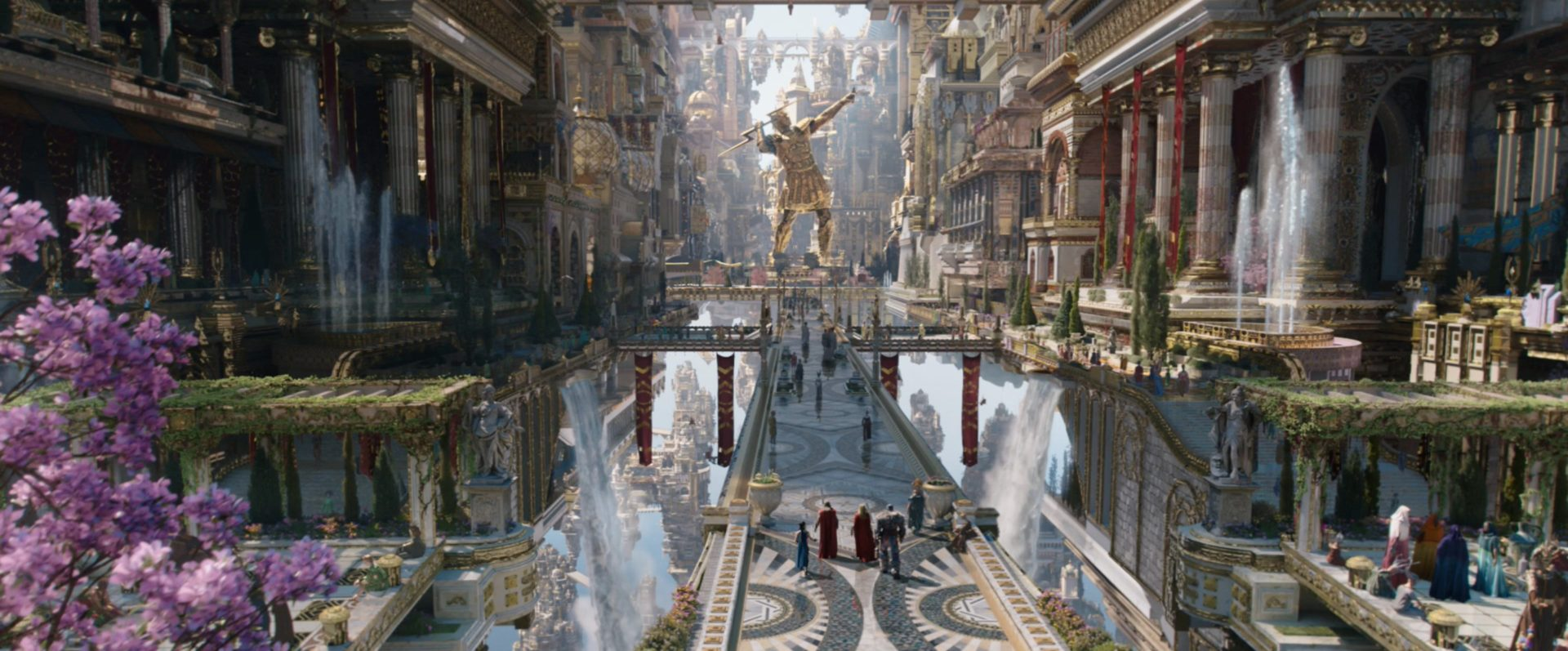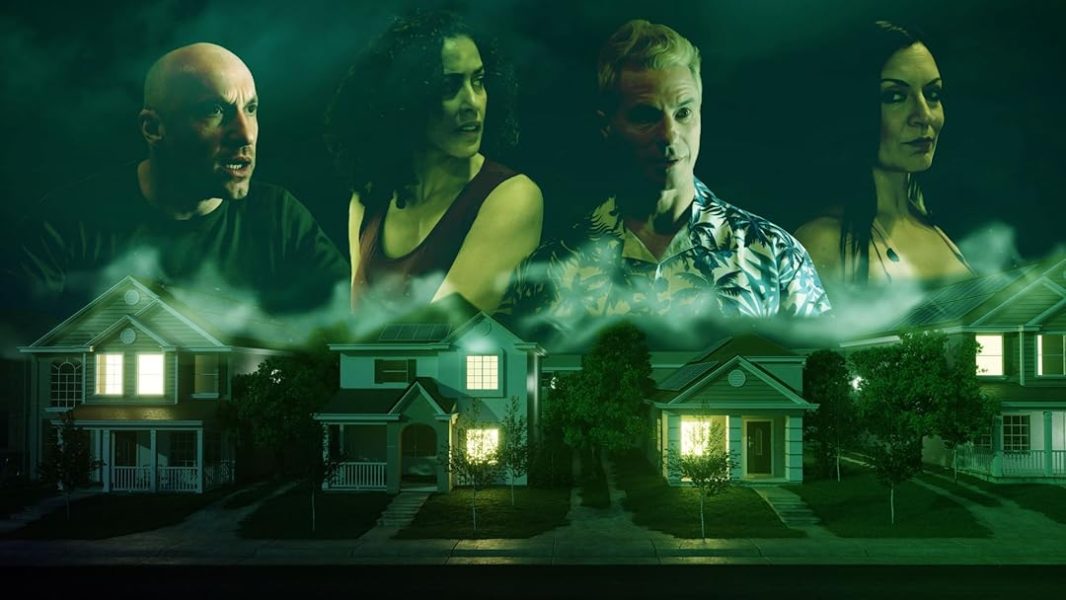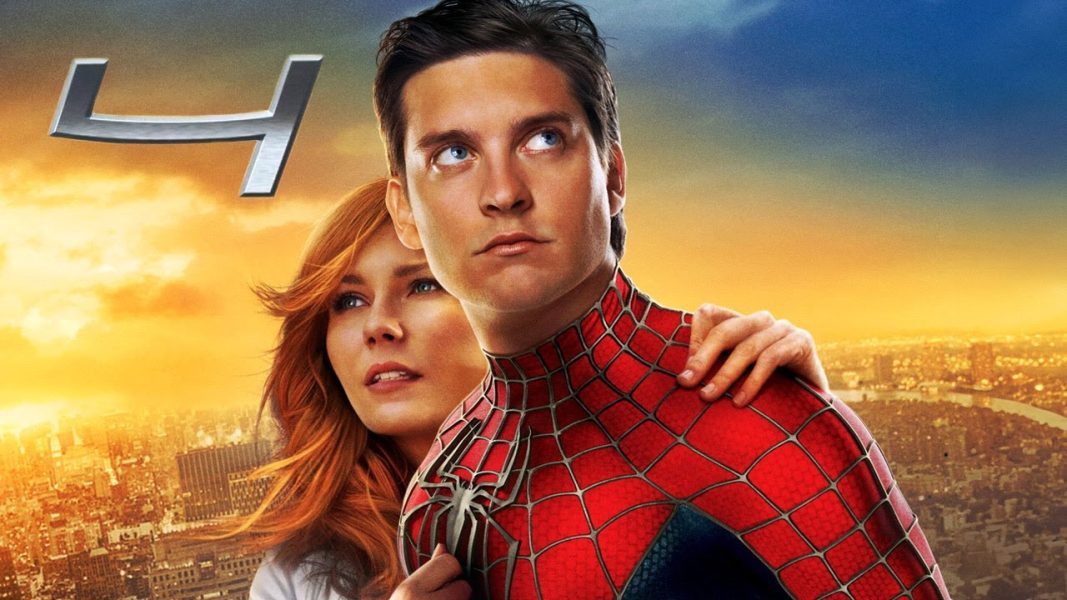Thor: Love and Thunder (2022)—How Tonal Inconsistency can Ruin a Film

Compared with Iron Man or Captain America, Thor was very bland as a character and even more so as a film series. While the first Thor movie was a visually impressive, if not standard film, the second one was a film most fans of the Marvel Cinematic Universe would rather admit didn’t exist. However, things turned around when Taika Waititi stepped into the directorial chair and revamped Thor’s entire image as a brawny jokester with a heart of gold. Waititi’s efforts paid off as Thor: Ragnarok was a massive success. So doing the same thing would make lightning strike twice with Thor: Love and Thunder right?
After the death of his daughter, Gorr (played by Christian Bale) comes face to face with his deity, who mocks his daughter’s death. Angered, Gorr kills him and begins a god-killing spree. Meanwhile, Thor (played by Chris Hemsworth) finishes his adventures with the Guardians of the Galaxy as he’s warned by Lady Sif of Gorr. Upon rescuing Sif and returning to New Asgard, they are attacked by Gorr and his monsters. During the heat of battle, Thor reunites with his ex-girlfriend, Jane Foster (played by Natalie Portman) and learns that she can wiled Mjolnir. The two finish off Gorr’s monsters, but Gorr escapes and kidnaps the Asgardian children, leaving Thor, Jane, Valkyrie (played by Tessa Thompson) and Korg (played by Taika Waititi) to stop him.
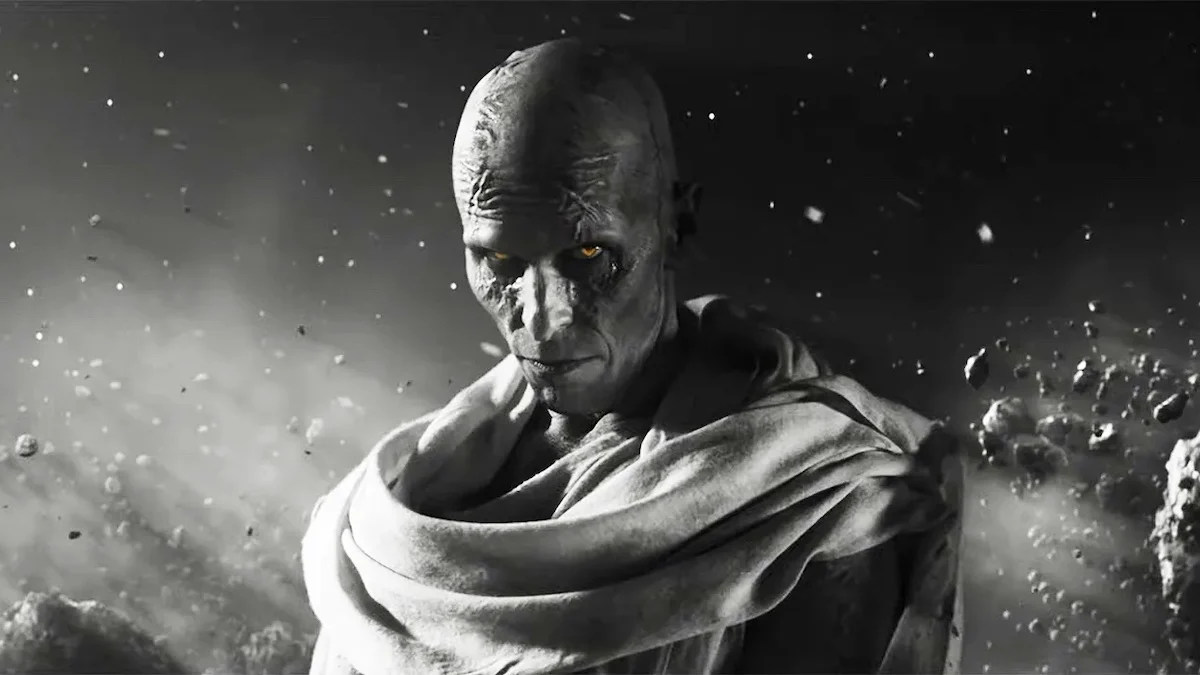
Expectations were high when the movie was announced, with many fans looking forward to Jane Foster’s Mighty Thor being brought to the big screen. And I have to say, Natalie Portman brought a much-needed breath of fresh air to the character. Like most characters in the previous two Thor films, Jane Foster felt very bland and her chemistry with Thor wasn’t believable. You never got the sense that the two were in love, they just say they are. However, in Thor: Love and Thunder, we see the two spend time together doing normal things a couple would do. This makes it all the more heartbreaking when we see how they broke up and cathartic when the two are reunited. Besides having more believable chemistry with Hemsworth, Portman also shared the best chemistry with Tessa Thompson’s Valkyrie. The two come across as not only sister-in-arms, but also true sisters, especially during the few tender moments the two share.
Perhaps my favorite character that Taika Waititi introduced is none other than Korg. Waititi introduced Korg as a friend that Thor makes while held captive on Sakaar. The two bond over their situation and Korg even helps Thor out on numerous occasions. While Korg is often used for comedic relief, he is a very loyal and capable friend. In Love and Thunder, he is Thor’s hype man in a way, but is also very sensitive about the personal issues of those around him, especially with both Thor and Valkyrie. In fact, I like Korg so much that I actually cheered when it was revealed he survived the snap in Avengers: Infinity War.
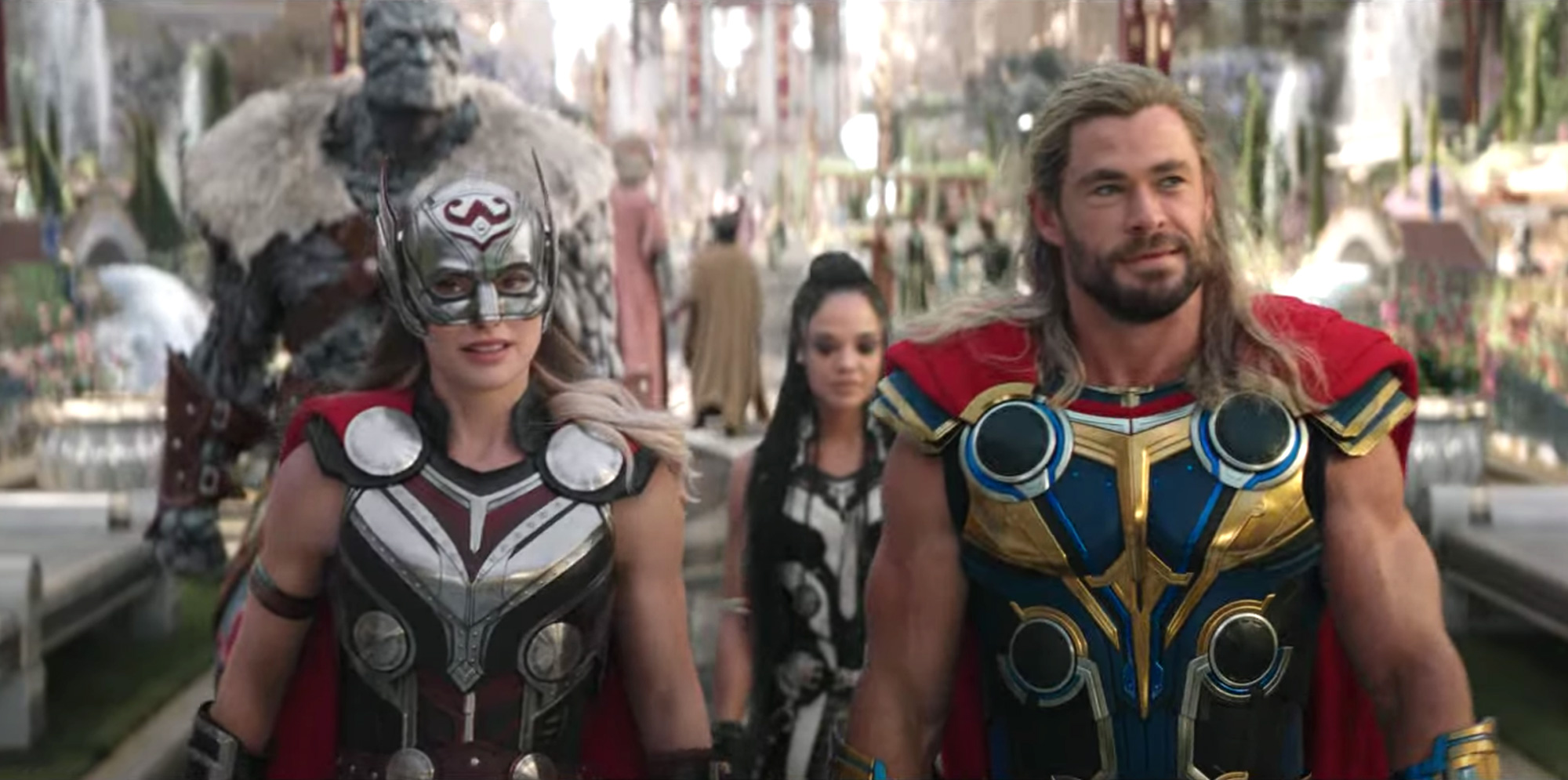
Before watching the film, I was most curious about how well Christian Bale’s acting would mesh with Taika Waititi’s direction. And I have to say, Bale is perhaps the best aspect of the film. Not only is he a master actor who’s rivaled by few, but Gorr is a genuinely interesting character. If there’s anything that everyone can agree on, it’s that Phase 4 of the MCU has some of the best villains. Gorr’s character motivations are very clear: he wants to kill all gods because he believes they are inherently selfish beings with no regard for their followers. If you take a look at various religions across history, he has a point. Gods are often portrayed as morally ambivalent and are not paragons of justice.
Now bear with me, but when I watched this movie, I felt like I was watching two different movies at the same time. The scenes with Gorr are very dark and somewhat horrifying, with Gorr becoming more and more corrupted by killing gods. Bale’s performance wavers between camp and downright horror, hell, he’d even scare The Scarecrow with how terrifying he can be. Yet whenever it cuts to Thor and his friends, it’s always bright and colorful. These cuts almost felt like sensory overload in how different they are. Not to mention the plethora of typical MCU-styled jokes littered throughout the film detracting away from any tension. Which brings me to my next point. The lack of tension in the film. I never thought for once that any of the main characters were in any mortal danger. I have watched enough MCU films to tell you that whenever a major character has a close encounter with death, its rectified almost immediately to let the views know they are ok. The only time that never happened was in Spider-Man: No Way Home with Aunt May’s death, which made it so much more impacting. But in Thor: Love and Thunder, we never get that kind of moment.
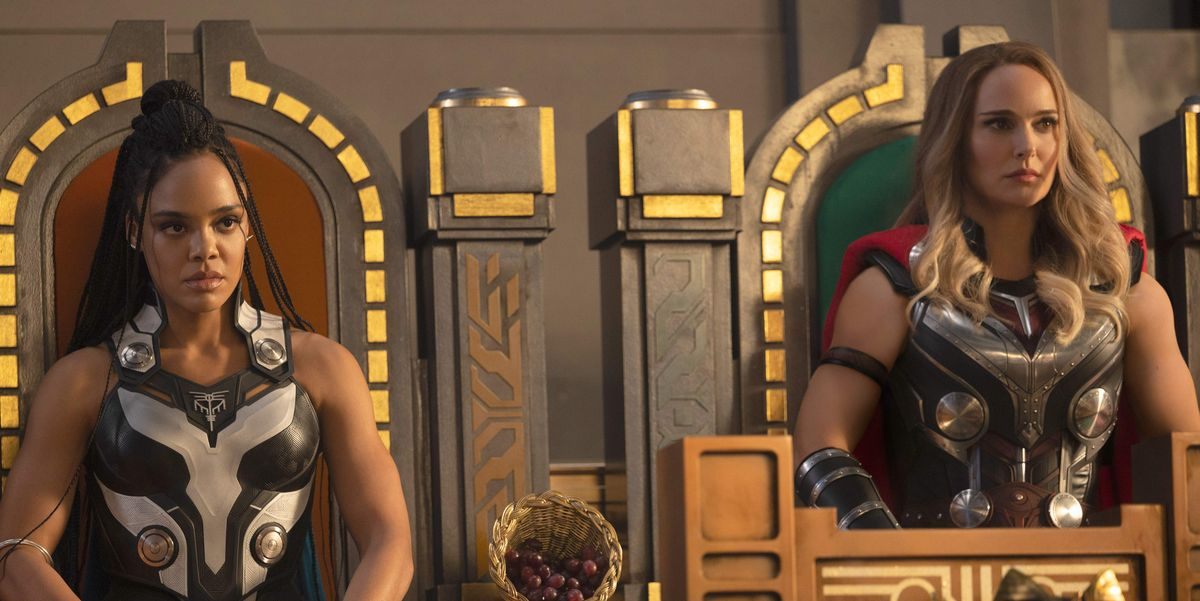
Besides this lack of tension, I felt that Thor’s goofball nature is dialed up even more in this film compared to Thor: Ragnarok. In the latter, he was serious when the situation called for it, and funny at other times. However, here, it felt that Thor was funny even when a situation doesn’t call for it. Although Chris Hemsworth is a naturally funny guy, he is more than that, and seeing Thor act funnier in dangerous situations started to grate on my nerves. He’s not Spider-Man or Iron Man, hell even they would draw a line. Compared to some of the MCU’s other films, Thor: Love and Thunder feels very sanitized and catered towards kids and families. This is the most evident in the final battle against Gorr.
While Waititi is a very talented filmmaker and actor, and the performances are superb, especially in the case of Christian Bale, Thor: Love and Thunder feels hollow compared to not only its predecessor, but also to some of the MCU’s other Phase 4 films. With conflicting tonal shifts and excessive humor at times when it wasn’t appropriate, it appears that lightning seemed to have missed its mark with Thor: Love and Thunder. With this said, could it be that the MCU is beginning to see cracks in its empire?
